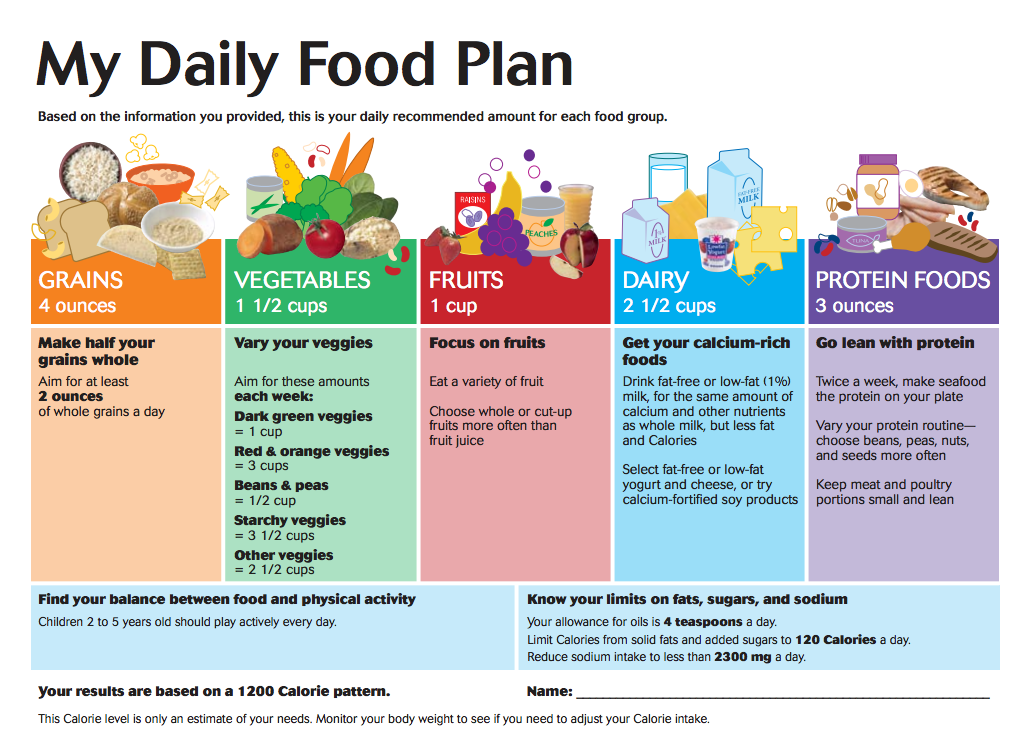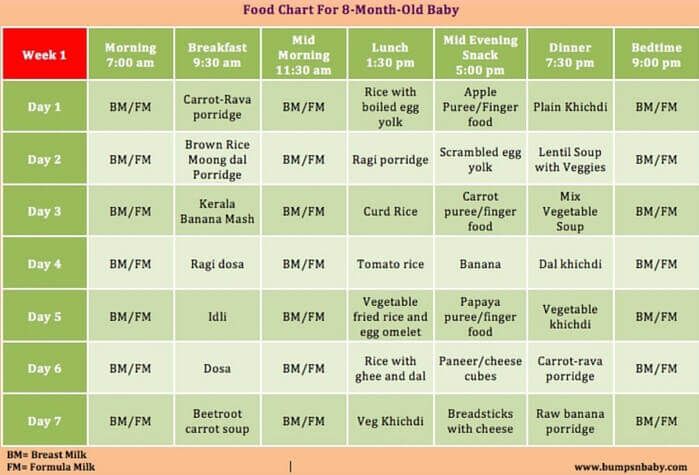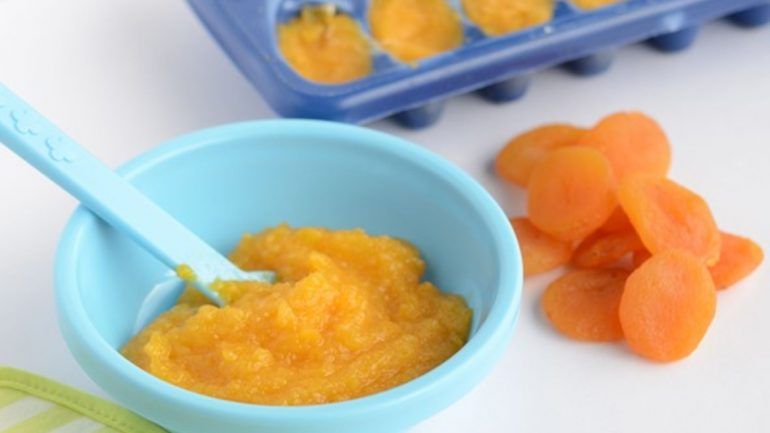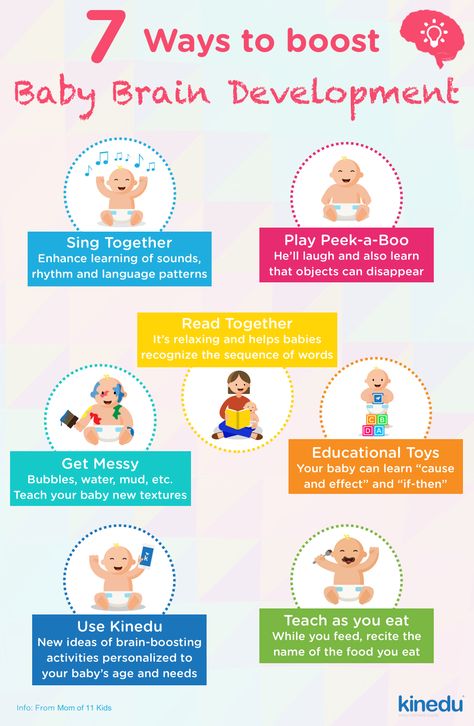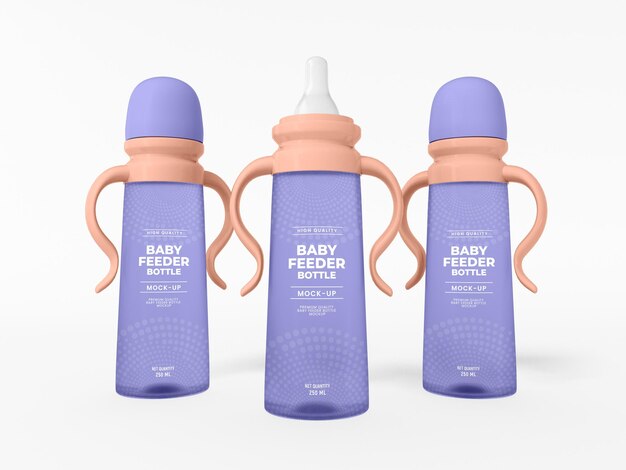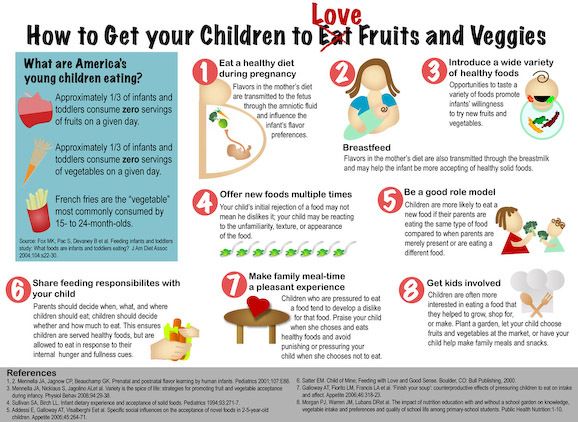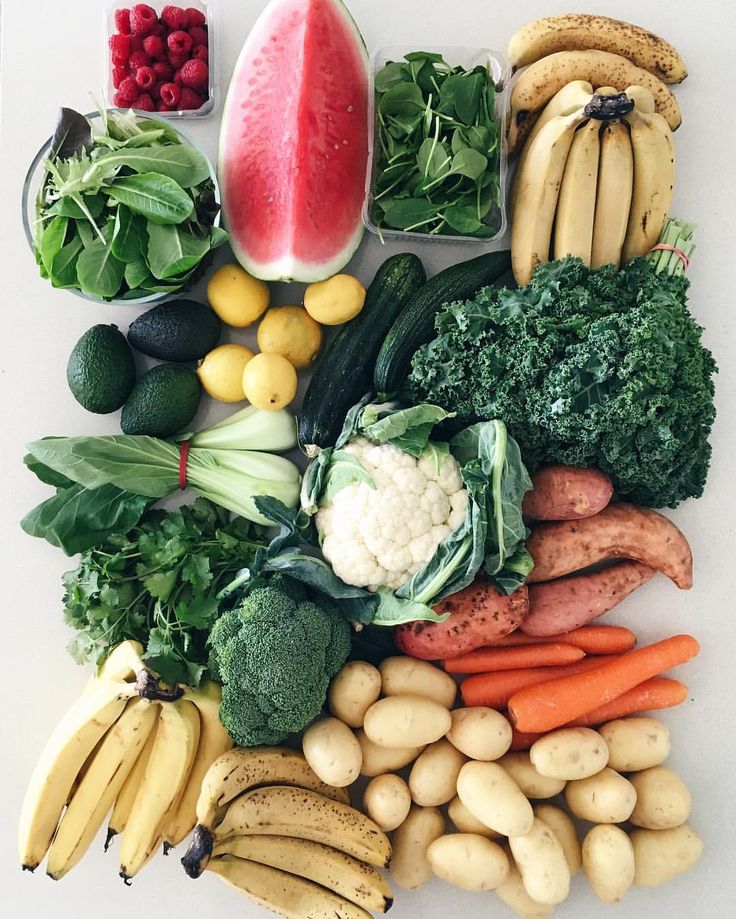Best baby cereal food
6 Top Picks and Expert Tips
After months of an all-liquid diet, baby is ready for a taste of solid food. To help make this exciting milestone go smoothly, you may decide to reach for baby cereal first—lots of parents do. With its plain flavor and adaptable consistency, baby cereal is the ultimate chameleon. It not only helps your little one adjust to the texture of solids, it can also be blended with new foods to help make them more palatable. It essentially acts as a bridge between liquid and solid—so this mealtime MVP probably won’t be in your pantry for the long haul. Still, there are some things to know before baby takes that first spoonful. For starters, when do babies start eating cereal—are there any dangers to be aware of? Ready for the full lowdown? Get the scoop on cereal for babies, including important safety information. Then, check out some baby cereals that deserve a spot on your kitchen shelf.
In this article:
What is baby cereal?
When do babies start eating cereal?
What is the best baby cereal to start with?
Are some baby cereals dangerous?
Best baby cereal to shop
What Is Baby Cereal?
Baby cereal is typically made of grains—think oats, rice, barley or quinoa—that are ground so fine, they turn into a smooth puree when mixed with breast milk, formula or water. This silky consistency is easy for babies to eat and digest. The whole purpose of baby cereal is to prepare baby for bigger and better things, explains Praveen Goday, MBBS, director of nutrition at Nationwide Children’s Hospital in Columbus, Ohio.
Baby cereals also pose a low allergy risk, so chances are your little eater can enjoy their meal without any worrisome side effects. Another benefit: Baby cereals are a good source of some vitamins and minerals, including iron, which is necessary for growth and development. The American Academy of Pediatrics (AAP) recommends that baby get extra iron around 4 to 6 months of age, when their natural stores of the mineral become depleted.
When Do Babies Start Eating Cereal?
You can start introducing solid foods, including baby cereals, around 4 to 6 months of age. If baby is younger than 4 months, stick to breast milk or formula, advises Goday. As with most milestones, baby will let you know when they’re ready to make the big move.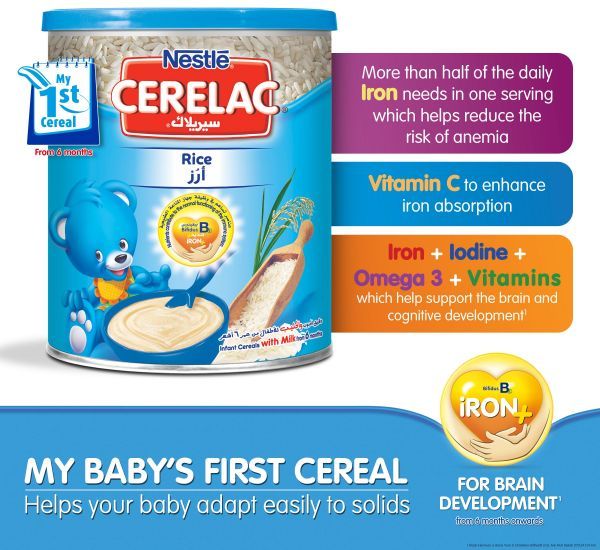 Goday shares some signs to look for:
Goday shares some signs to look for:
- Sits up in a high chair, feeding seat or infant seat with good head control
- Shows interest in food; for example, they intently watch you eat
- Seems hungry between regular feedings
- Opens their mouth when food is offered
- Swallows food from a spoon instead of pushing it out of their mouth
What is the best baby cereal to start with?
When you’re first serving up baby cereal, it’s a good idea to choose a single-grain, iron-fortified variety, says Goday. To help those first spoonfuls go down easier, he recommends mixing the cereal with breast milk or formula—whatever baby is already drinking. And hold off adding sugars or salt—plain and simple is best at this point.
The AAP recommends waiting three to five days before introducing a new single-ingredient food or cereal. This window of time lets you see if baby has any issues with that ingredient. Signs of a food allergy or allergic reaction include rash, bloating, diarrhea, vomiting, wheezing, hives and difficulty breathing, notes Goday.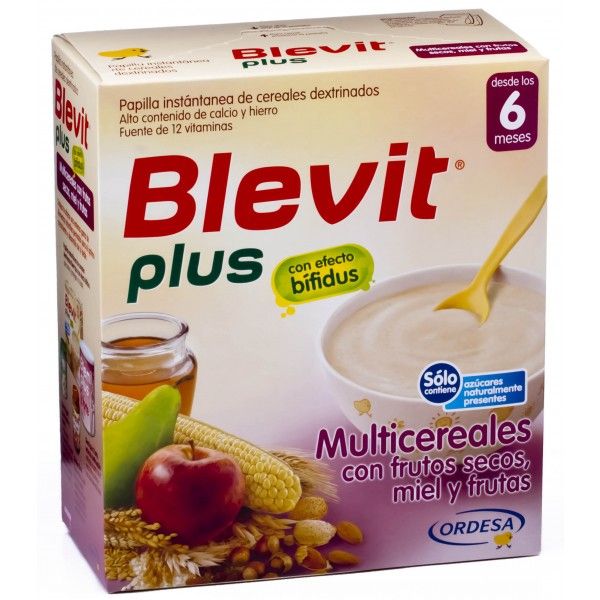
Are Some Baby Cereals Dangerous?
Baby food made headlines in 2021, but for all the wrong reasons. The government released a report of its investigation into high levels of arsenic, lead and other heavy metals in baby foods, particularly those made with rice. Rice tends to soak up more arsenic than other crops, according to the Food and Drug Administration (FDA), and exposure to the heavy metal can be harmful for little bodies.
That said, you don’t need to bypass baby rice cereal altogether. Just make sure it’s one of a wide variety of grains and foods your baby eats, as that will help lower your baby’s exposure to the bad stuff, notes the AAP.
Can you put cereal in baby’s bottle?
Short answer: No. Adding cereal to your baby’s bottle presents a variety of potential risks, according to the AAP. In certain specific medical situations, your pediatrician may recommend putting infant cereal in a bottle; but, otherwise, plan on serving baby cereal at the appropriate time with a spoon, Goday says.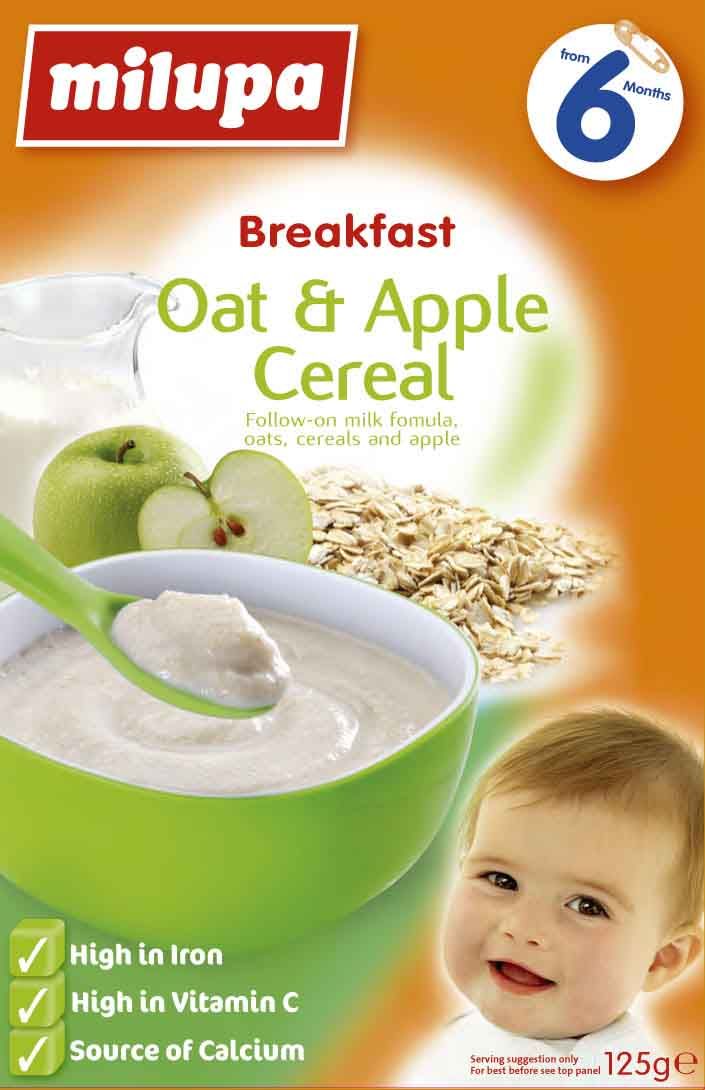
Best Baby Cereal to Shop
Ready to stock up on cereal for babies? You have no shortage of choices. To help narrow down your options, zero in on ones that are specifically made for babies, contain whole grains and are fortified with iron. Here are six baby cereal options worth considering.
Best baby cereal overall
Gerber Organic Single Grain Oatmeal Baby Cereal, 8 oz.
It’s easy to see why Gerber’s organic single-grain oatmeal baby cereal is a reliable go-to for parents. Made of highly ground whole grain oats, it provides the simplicity beginner eaters need while also packing a nutritious punch. Each serving offers your baby iron, zinc, calcium, vitamin C and six B vitamins.
Best organic baby cereal
Earth’s Best Organic Whole Grain Baby Oatmeal Cereal, 8 oz.
If you prefer to start your kiddo on an organic baby cereal, consider this one from Earth’s Best. It contains organic whole grain oats and an assortment of vitamins and minerals—think iron, zinc, vitamin E and B vitamins.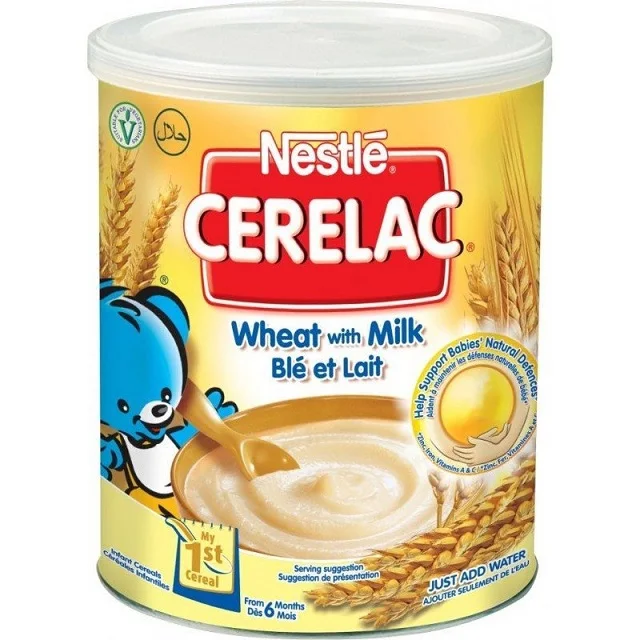 What’s more, the ingredients are grown free of potentially harmful pesticides, so you can feel good about what you’re serving.
What’s more, the ingredients are grown free of potentially harmful pesticides, so you can feel good about what you’re serving.
Best rice cereal for baby
Earth’s Best Organic Infant Rice Cereal, 8 oz.
Want to round out your little one’s diet with a baby rice cereal? Look no further than this offering from Earth’s Best. It’s made of USDA-certified organic rice grains and comes fortified with iron for baby’s growth and development. Of course, parents may be just as interested in what the cereal doesn’t contain. There are no genetically engineered ingredients, no artificial colors, no flavors and no preservatives in this rice cereal for baby.
Best oatmeal cereal for baby
Beech-Nut Stage 1 Organic Oatmeal Cereal, 8 oz.
Always start your day with oatmeal? Now your little eater can enjoy a hearty bowl of their own too. Made of organic whole grain oats, this baby oatmeal cereal from Beech-Nut mixes easily into a mild-tasting, easy-to-digest puree while also delivering important vitamins and minerals, including iron, zinc, calcium and vitamin D.
Best single grain baby cereal
Gerber Single Grain Rice Baby Cereal
Simple is best when it comes to cereal for babies, and this single-grain offering from Gerber does not disappoint. Made of finely ground non-GMO rice, it’s a cinch to prepare—just add breast milk, formula or distilled baby water and serve. Two servings provide your baby with 90 percent of their daily value of iron, plus vitamin C, vitamin E, zinc, calcium and six B vitamins.
Best multigrain baby cereal
Earth’s Best Organic Multi-Grain Infant Cereal, 8 oz.
Once your kiddo has had a chance to try a single grain cereal, try adding a multigrain variety to the menu. One to check out: Earth’s Best, which is made from a blend of organic whole grain oats, barley and spelt. In addition to being nourishing, this baby cereal is also healthy, as each serving contains iron, zinc and B vitamins.
About the expert:
Praveen Goday, MBBS, is the director of nutrition at Nationwide Children’s Hospital in Columbus, Ohio.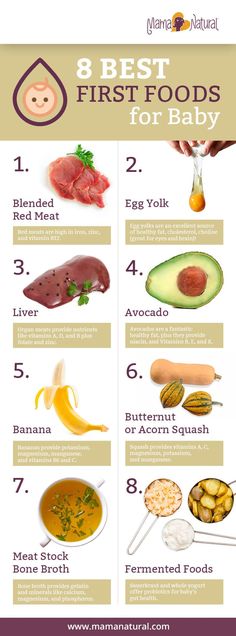 He is also a professor at the Ohio State University. He earned his bachelor of medicine, bachelor of surgery degree at Madras Medical College in Chennai, India.
He is also a professor at the Ohio State University. He earned his bachelor of medicine, bachelor of surgery degree at Madras Medical College in Chennai, India.
Best Baby Cereals Of February 2023 – Forbes Health
One of the first kinds of food introduced to babies is baby cereal. This is because baby cereal is soft and easy to swallow. The American Academy of Pediatrics (AAP) recommends incorporating infant cereal into your baby’s diet within the first months of starting solid foods.
It’s important to remember that not just any cereal will get the job done—experts recommend a fortified cereal that is specifically formulated for infants.
To determine the best infant cereals available, the Forbes Health editorial team consulted a panel of experts consisting of a pediatrician and a registered dietitian who provided their top picks for baby cereal and their reasoning behind why they recommend feeding them to your baby. Star ratings were then solely determined by the Forbes Health editorial team based on factors such as cost and average user satisfaction.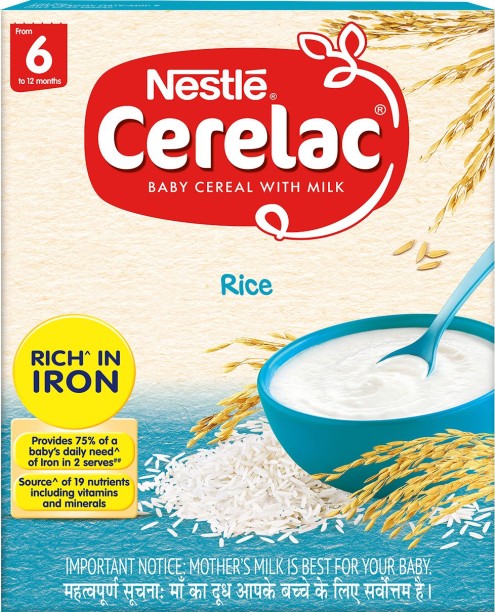
Read ahead to discover our rankings of the best baby cereals. Note: All prices are sourced from Amazon and accurate as of publication date.
Show More
FEATURED PARTNER OFFER
Partner Offers feature brands who paid Forbes Health to appear at the top of our list. While this may influence where their products or services appear on our site, it in no way affects our ratings, which are based on thorough research, solid methodologies and expert advice. Our partners cannot pay us to guarantee favorable reviews of their products or services
Beech-Nut Organic Oatmeal Baby Cereal
- Made for babies 4 months and up
- USDA-Certified Organic & Non-GMO
- Created to be easy-to-digest cereal and provides 60% of your baby’s daily value of iron.
- Mix with breast milk, formula, water, or our baby food puree to create a soft solid
- Jars are recyclable plastic made without BPA
Shop Now
On Beech-Nut's Website
{{ showSummarySection ? 'Hide Summary' : 'Show Summary' }}
- Best Baby Cereals 2023
- Earth’s Best Organic Whole Grain Oatmeal Infant Cereal
- Gerber Single-Grain Oatmeal Baby Cereal
- Earth’s Best Organic Multi-Grain Infant Cereal
- Gerber Whole Wheat Baby Cereal
- Earth’s Best Organic Infant Rice Cereal
- Happy Baby Organics Clearly Crafted Oatmeal Baby Cereal
- Happy Baby Organics Clearly Crafted Oats & Quinoa Baby Cereal
- Best Baby Cereals Ratings
- Research Methodology
- Frequently Asked Questions (FAQs)
Sources
References
- When Can My Baby Start Eating Solid Foods?.
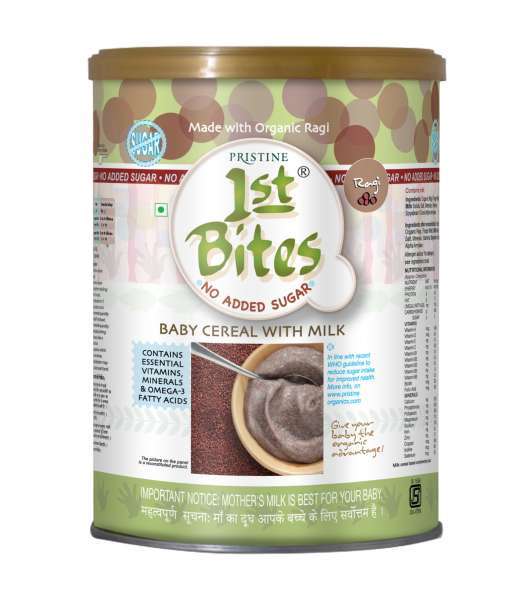 The Nemours Foundation. Accessed 09/02/2021.
The Nemours Foundation. Accessed 09/02/2021. - Tips for Introducing Solid Foods. American Academy of Pediatrics. Accessed 09/09/2021.
- Starting Solid Foods. American Academy of Pediatrics. Accessed 09/02/2021.
- When, What And How To Introduce Solid Foods. Centers For Disease Control and Prevention. Accessed 09/02/2021.
- For Consumers: Seven Things Pregnant Women and Parents Need to Know About Arsenic in Rice and Rice Cereal. U.S. Food & Drug Administration. Accessed 09/09/2021.
Information provided on Forbes Health is for educational purposes only. Your health and wellness is unique to you, and the products and services we review may not be right for your circumstances.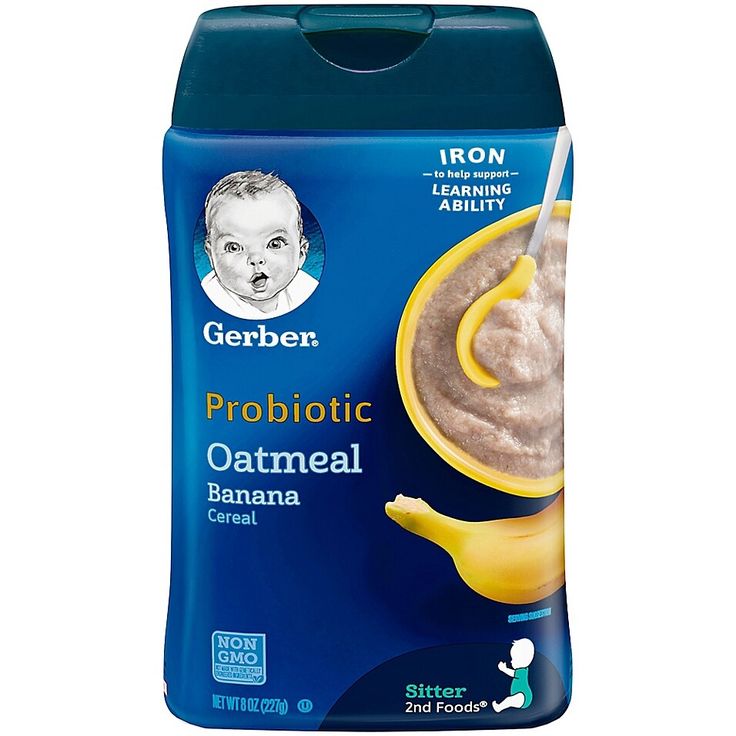 We do not offer individual medical advice, diagnosis or treatment plans. For personal advice, please consult with a medical professional.
We do not offer individual medical advice, diagnosis or treatment plans. For personal advice, please consult with a medical professional.
Forbes Health adheres to strict editorial integrity standards. To the best of our knowledge, all content is accurate as of the date posted, though offers contained herein may no longer be available. The opinions expressed are the author’s alone and have not been provided, approved or otherwise endorsed by our advertisers.
TOP 12 porridges for the first feeding
How to choose porridge for the first feeding
Not all porridges are suitable for the first feeding, as the baby's digestive system is not yet strong. Therefore, when choosing a product, you should pay attention to the following criteria:
- The presence of gluten. Gluten is difficult to digest in a newborn's digestive system and can cause adverse reactions. For the first feeding, choose cereals without this protein.
- Presence of milk. If the baby's body produces an insufficient amount of an enzyme that can break down cow's milk protein, then an allergy or indigestion may occur.
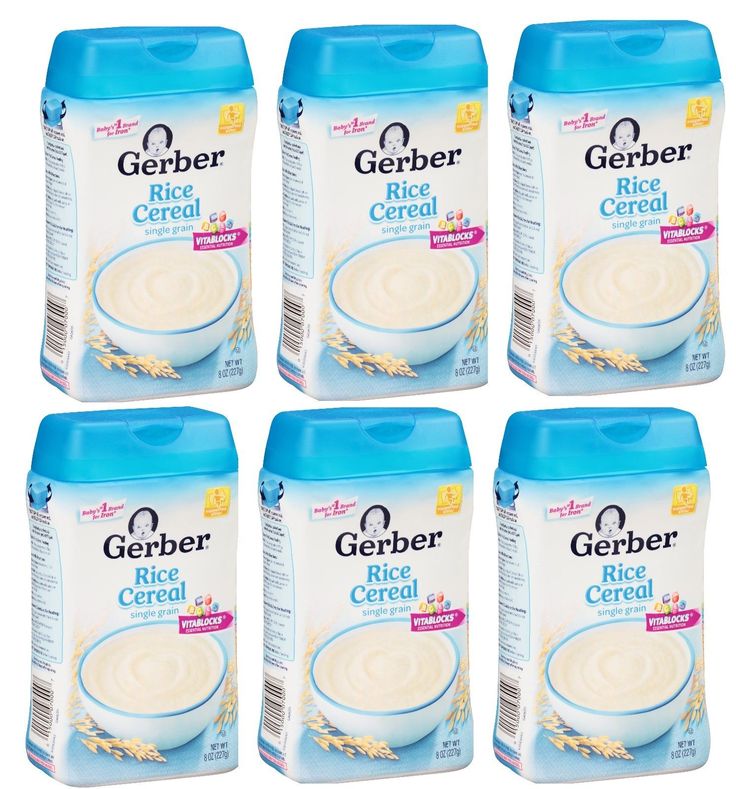 Choose a dairy-free diet first.
Choose a dairy-free diet first. - Presence of sugar. Pediatricians do not recommend adding sugar and salt to a child's diet for up to a year. This is due to the fact that a small body is not ready to accept complex carbohydrates. Unleavened food contributes to the formation of the right taste habits in the future.
- Number of components. It is better to start with one-component cereals, for example, rice, buckwheat or corn. So if an allergy occurs, it will be easier to establish a cereal to which the baby has a negative reaction.
- Pack size. Small packages are well suited for testing, and when the child's taste preferences are established, you can safely take a larger volume.
To make your choice easy and most importantly right, we have compiled a list of the best cereals for the first feeding. We took into account not only the criteria listed above, customer reviews, but also the opinion of pediatricians. The selection is divided into dairy and non-dairy options.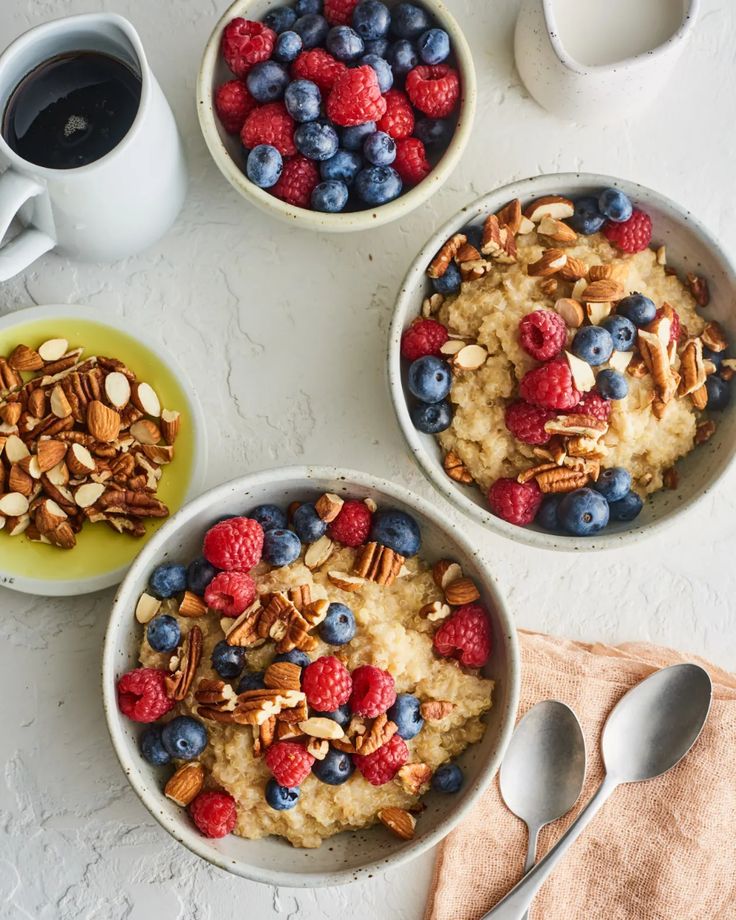
Helpful Choices
Frequently Asked Questions
When should I start weaning?
Complementary foods should be introduced when the baby shows interest in food. At about six months, the baby begins to pay attention to what the mother eats, tries to pick up the spoon and see what is in it. It is during this period that it is worth offering complementary foods.
Where to start with vegetables or cereals?
The choice of product does not matter much, the main thing is to introduce the baby to a variety of foods. But according to pediatricians, if the child is not gaining weight well, then it is better to start with purchased cereals. If you have problems with indigestion, then it is better to start with rice, as it helps to normalize digestion. If, on the contrary, the baby suffers from constipation, then start with buckwheat porridge.
What should be the first portion?
A new product is always introduced gradually. The first test is a teaspoon.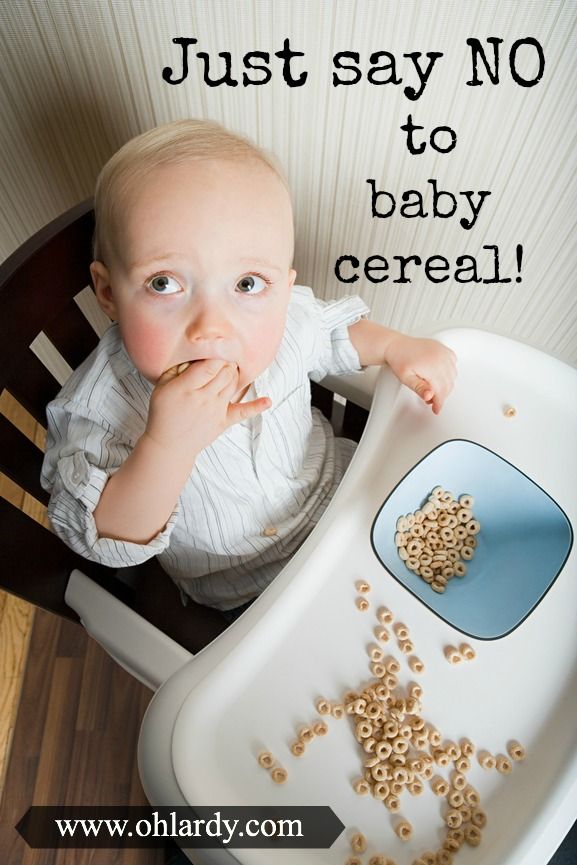 Gradually increasing the amount of the product, we bring it to normal in a week. It is important to monitor how the baby's body reacts to new foods. If you notice a rash on the skin or a violation of the digestive system, immediately consult a doctor.
Gradually increasing the amount of the product, we bring it to normal in a week. It is important to monitor how the baby's body reacts to new foods. If you notice a rash on the skin or a violation of the digestive system, immediately consult a doctor.
Ask your question
Rating of popular brands
Author'sVote
- 1 Fleur Alpine is a German company that presents a range of natural nutrition on the market. Products contain only cereals without unnecessary additives. Due to the "pure" composition does not cause adverse reactions.
- 2 Gerber is an American manufacturer of baby food offering consumers cereals enriched with minerals and bifidobacteria. The product is easily diluted in water of any temperature and tastes good.
- 3 Nutrilon is a Dutch company that uses only cereals in the production of cereals. Thanks to natural ingredients and quality, the company has earned a lot of positive feedback. Convenient packaging provides quick access to the product and prevents air from penetrating.
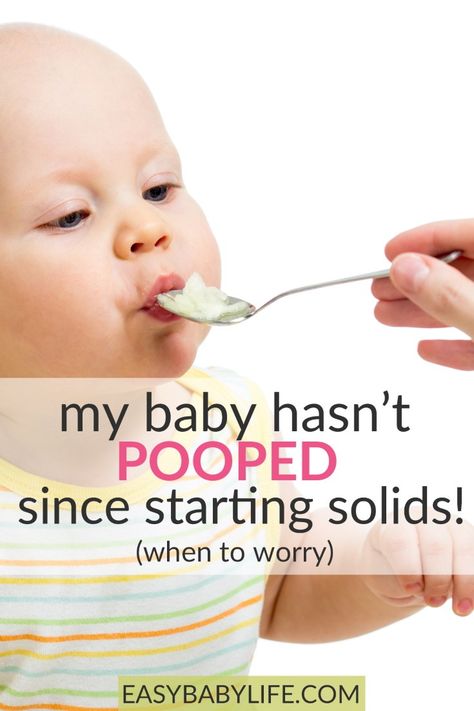
- 4 Hipp - the organic production of the German company undergoes strict quality control. Cereals are grown without chemical treatment with synthetic fertilizers or growth accelerators. Ingredients: cereals and vitamin B1.
- 5 Nestle is a Swiss brand recognized as an expert in the production of baby food. Thanks to a scientific approach, in addition to grains, porridge contains vitamins and minerals.
- 6 Heinz - American production offers products without preservatives, colors and flavors, but with natural sugars.
- 7 Frutonyanya is a domestic manufacturer that enriches the "pure" composition with vitamins and minerals. Iron, zinc and iodine are essential for the proper development of the baby.
Also trustworthy: Kabrita, Bibikasha, Semper, Baby Sitter, Mamako.
The best hypoallergenic (silent) porridge for the first feeding
6. Nestle Silent buckwheat
- with bifidobacteria
- Country: Switzerland
- Price: 84 P
- Rating: 7.
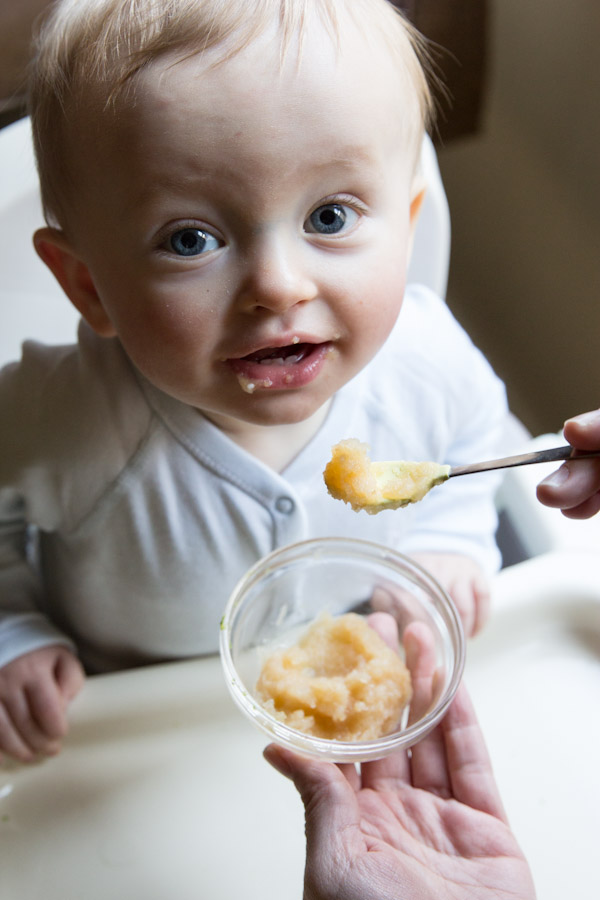 5 9000
5 9000 9000 porridge is easy to digest. The product is enriched with probiotics - live BL bifidobacteria to strengthen the baby's immune system. They also provide the body with the growth of healthy microflora, and normalize digestion. Gluten-free cereals are hypoallergenic complementary foods.
- Advantages
- Budget
- Vitamins and minerals included
- Sugar free
- With added bifidobacteria
- Flaws
- Maltodextrin in
- Lumps when diluted
0008
- Advantages
Natural product free of sugar, salt, palm oil and preservatives. 12 vitamins, zinc, iron and iodine are added to the composition. Porridge is easily absorbed by the child's body due to the low level of fiber and has an enveloping property due to starch. Porridge is optimal for the first test.
- Advantages
- Inexpensive
- Sugar free
- Vitamins and minerals included
- Sealed
- Assortment
- Flaws
- Dilute lumps
- High consumption
4.
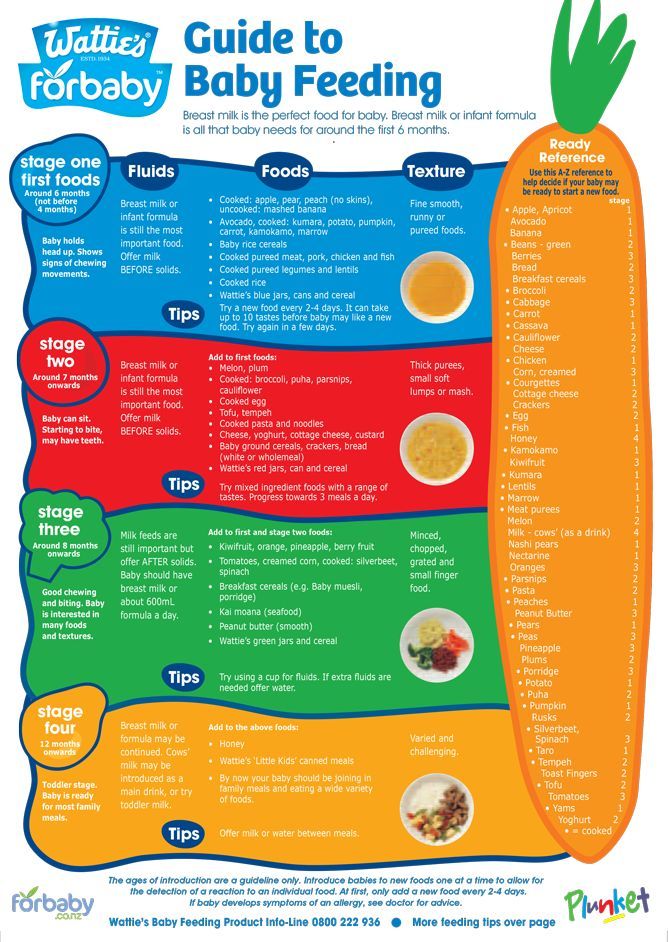 Gerber dairy-free buckwheat
Gerber dairy-free buckwheat - With bifidobacteria
- Country: USA
- Price: 170 Р
- Rating (2021): 9
for the full development of the baby. The composition also includes bifidobacteria that contribute to the prevention of dysbacteriosis and strengthen the immunity of the newborn. Excluded from the product: palm oil, sugar, preservatives and dyes. Safe to start weaning.
- Advantages
- Value for money
- Minerals
- Contains Bifidobacteria
- Sugar free
- No lumps
- Flaws
- Assortment
- Sweet flavor
3. Fleur Alpine dairy-free rice
- Vitamin B1
- Country: Germany
- Price: 199 Р
- Rating (2021): 9,5
Made from whole grain raw materials with the preservation of all useful properties. Vitamin B1, which is part of the product, contributes to the proper growth and development of the baby.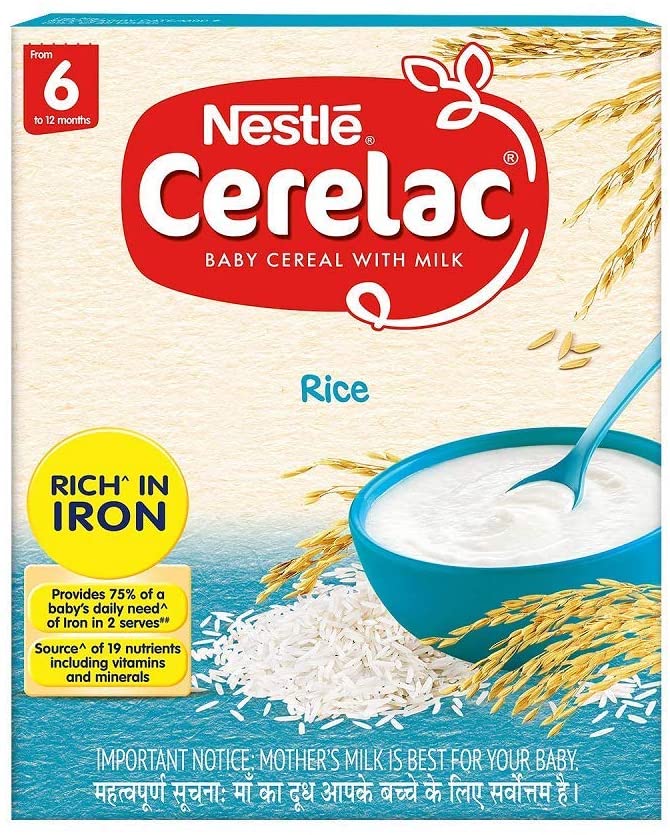 It affects not only the internal organs, but also the brain and muscular skeleton of the child. When choosing which porridge to buy, start with rice, but then we recommend trying all the options.
It affects not only the internal organs, but also the brain and muscular skeleton of the child. When choosing which porridge to buy, start with rice, but then we recommend trying all the options.
- Advantages
- Natural
- Sugar Free
- Vitamin B1
- Free of preservatives and colorings
- No lumps
- Flaws
- Price
- Short shelf life
2. Nutrilon dairy-free corn
- Natural product
- Country: Holland
- Price: 151 Р
- Rating (2021): 9.5
Grains are carefully processed to preserve all the beneficial properties. Gluten-free corn porridge is an ideal complementary food option.
- Advantages
- Natural
- Value for Money
- Sealed
- Sugar Free
- Good Customer Reviews
- Flaws
- Dilute lumps
- Assortment
- High flow rate
1.
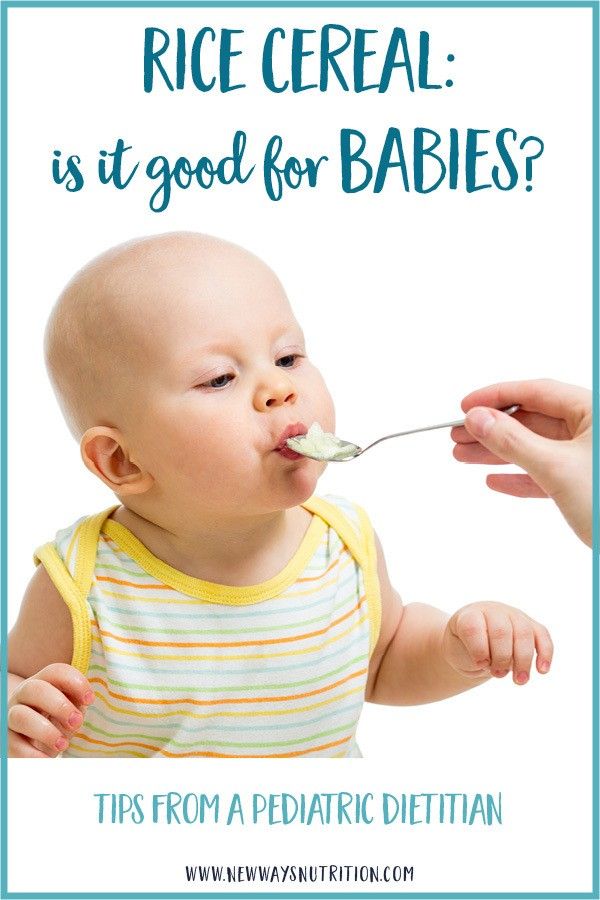 Semper dairy-free buckwheat
Semper dairy-free buckwheat - Cereals only
- Country: Switzerland
- Price: 259 Р
- Rating (2021): 10
The ideal composition is only cereals and nothing more. Buckwheat is a low-allergenic product that does not contain gluten. It naturally contains zinc, iron, magnesium, calcium and vitamins that complement each other. Therefore, porridge is ideal for safe acquaintance of the baby with "human" food.
- Advantages
- Pure Formula
- Sugar Free
- Gluten Free
- Free of preservatives and colorings
- No lumps
- Flaws
- Price
- Fast flow
The best milk porridge for the first feeding
6. HIPP milk buckwheat
- porridge with prebiotics
- Country: Germany
- Price: 247 P
- Rating (2021): 7.5
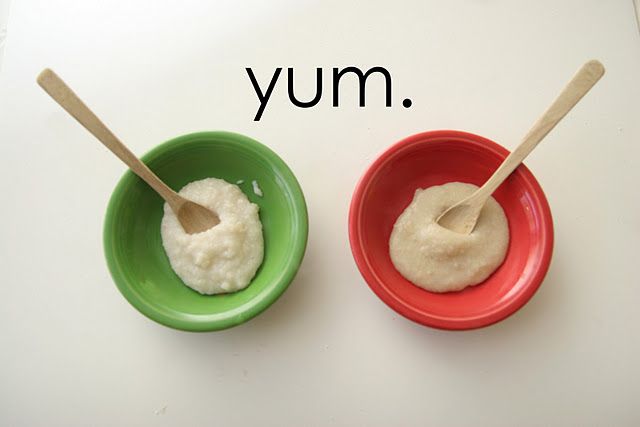 The prebiotics included in its composition ensure optimal intestinal microflora. For the best quality and taste, whole buckwheat grains are processed in a gentle manner. The product is suitable for first feeding.
The prebiotics included in its composition ensure optimal intestinal microflora. For the best quality and taste, whole buckwheat grains are processed in a gentle manner. The product is suitable for first feeding. - Advantages
- Value for money
- Assortment
- Vitamins and minerals included
- No lumps
- Flaws
- Contains maltodextrin
- Not hypoallergenic
5. Bebi milk corn
- Wide range
- Country: Slovenia
- Price: 110 Р
- Rating (2021): 8
Corn porridge is a source of carbohydrates and fiber. Prepared on the basis of cow's milk, it also contains 12 vitamins, iron and iodine. Excluded from the composition: gluten, palm oil, sugar and salt, as well as artificial additives. Easily dissolves in water brought to 50-60 degrees. The product should be consumed immediately after preparation, as long-term storage loses useful properties.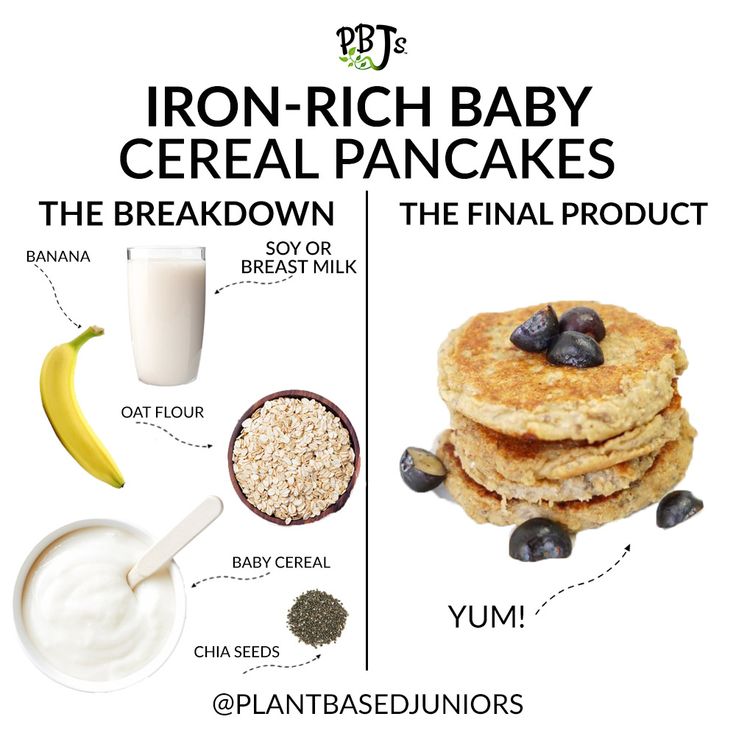
- Advantages
- Price
- Assortment
- Vitamins and minerals included
- No lumps
- Flaws
- Contains sugar
- Non-allergenic
4. Fleur Alpine rice milk
- Natural composition
- Country: Germany
- Price: 223 Р
- Rating (2021): 8
Made from selected organic raw materials with the addition of vitamin B1. A big plus is its hypoallergenicity, due to the absence of milk protein, lactose, palm oil, sugar and salt, gluten, flavorings and preservatives. Due to the "clean" composition, it is suitable for young children. Vitamin B1 accumulates in the brain, heart, kidneys, liver and skeletal muscles, which contributes to the normal development and growth of the baby. Its daily norm for a newborn is 0.5 mg.
- Advantages
- Natural
- Value for money
- Assortment
- Vitamin B1
- No lumps
- Flaws
- Presence of maltodextrin
3.
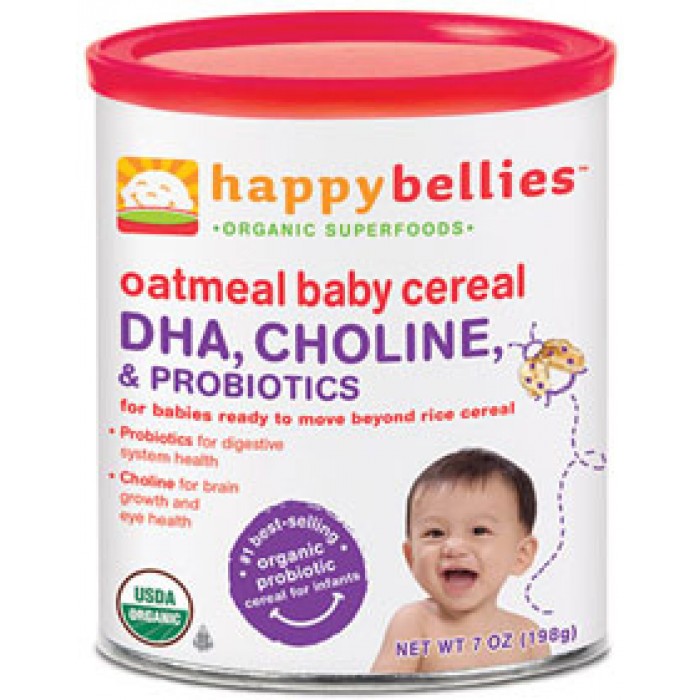 Mamako rice with goat milk
Mamako rice with goat milk - Based on goat milk (32%)
- Country: Spain
- Price: 243 R
- Rating (2021): 9
Produced from natural goat's milk. It also contains calcium, iodine and iron. Strong immunity is important for a growing organism, for this purpose the manufacturer added vitamins. Porridge is easily digested, saturating the body of crumbs with energy, and is suitable for complementary foods.
- Advantages
- Value for money
- Vitamins and minerals included
- Sugar free
- No lumps
- Flaws
- No adapted milk formula
- High consumption
2. Bibikasha buckwheat on goat milk
- The best composition among cereals on goat milk
- Country: Germany
- Price: 309 P
- Rating: 9.5
The basis of dry whole goat milk and the product adapted dry milk formula "NANNIE", which makes it hypoallergenic.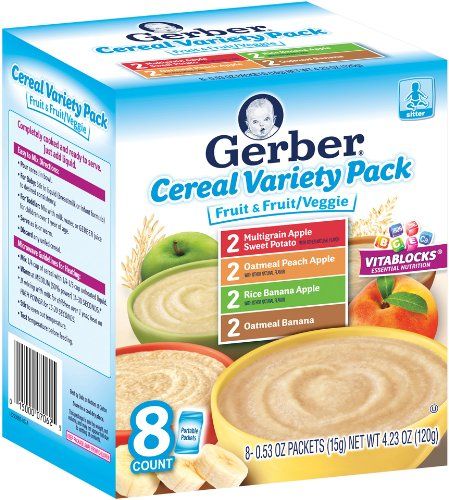 Bibikasha is made from natural cereals without the use of chemical processing and preservatives. The easy-to-prepare product has a delicate taste and is suitable for children with allergies. Does not cause adverse reactions.
Bibikasha is made from natural cereals without the use of chemical processing and preservatives. The easy-to-prepare product has a delicate taste and is suitable for children with allergies. Does not cause adverse reactions.
- Advantages
- Goat Milk
- Hypoallergenic
- Vitamins and Minerals
- Sugar Free
- Lump Free
- Quality Ingredients
- Flaws
- High price
- High flow
1. Kabrita buckwheat with goat milk
- Made from adapted goat milk formula
- Country: Holland
- Price: Rs. Porridge also helps to improve digestion: children experience weight gain and regular stools. The composition includes vitamins and minerals, and there is no sugar.
- Advantages
- Natural composition
- Adapted goat milk formula
- Vitamins and minerals
- Sugar-free
- Lump-free
- Flaws
- High price
- Contains palm oil
14 best baby cereals - Rating 2020
Porridge is an important part of a child's daily diet.
 After all, it is very rich in vitamins and minerals. In addition, any porridge is a source of slow carbohydrates, which are digested gradually and therefore leave a feeling of fullness for a long time. Experts advise feeding children of all ages porridge once a day so that they grow up strong and healthy.
After all, it is very rich in vitamins and minerals. In addition, any porridge is a source of slow carbohydrates, which are digested gradually and therefore leave a feeling of fullness for a long time. Experts advise feeding children of all ages porridge once a day so that they grow up strong and healthy. Photo: Pixabay.com
Mother's milk is the ideal food for a baby. But, starting from 4-6 months, the growing body needs additional products. An important place in the feeding of infants is occupied by cereals. They are very nutritious and help the baby grow faster. Babies who are not gaining weight well, getting cereal products is simply necessary.
The following types of cereals are distinguished according to the method of preparation:
- Homemade cereals. Their parents boil with water or milk, after grinding the cereal in a coffee grinder.
- Instant cereals. They are a dry mixture of ingredients that must be poured with boiled and slightly cooled water.
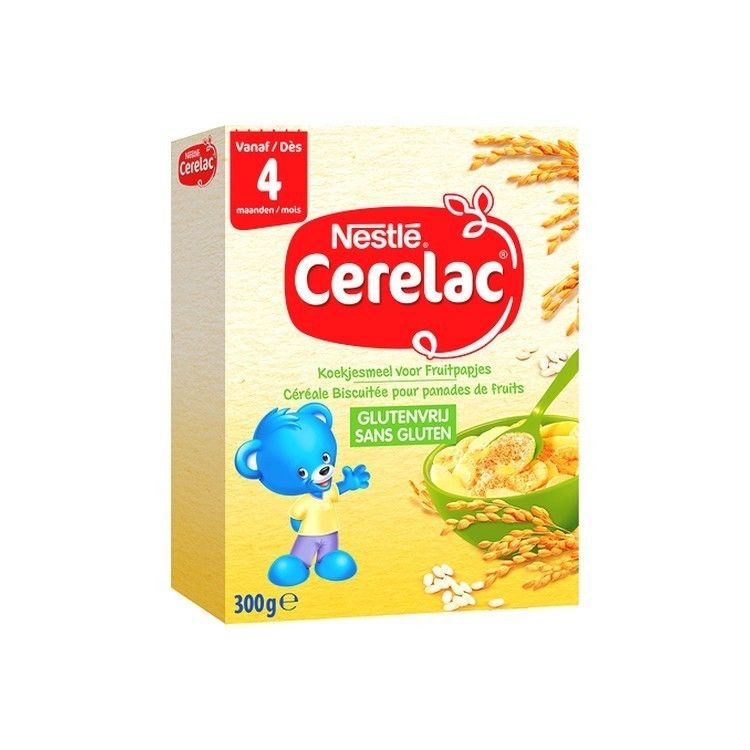
- Ready cereals. This is a ready to use product that is sealed in a jar or Tetra Pak.
Also porridge can be divided by the number of components:
- Monocomponent, containing one grain. For the first complementary foods, experts recommend just such cereals.
- Multicomponent, containing several cereals or fruit additives.
According to the milk basis:
- Milk porridge, with cow or goat milk in the composition.
- Dairy-free cereals, containing only cereals.
Many experts believe that instant cereals are best suited for young children. Their balanced composition corresponds to the peculiarities of the digestion of babies, whose body is still learning to digest cereals. In addition, often such cereals are additionally enriched with vitamins, minerals and prebiotics necessary for the normal development of the child.
Introducing the 2020 baby cereal ranking.
 Top 14 products selected by our experts based on user reviews and ratings.
Top 14 products selected by our experts based on user reviews and ratings. There are contraindications, be sure to consult your doctor!
Rating (2020) Prices, ₽ Country The best milk cereals for children 1. Fleur Alpine Alpine evening (from 6 months) from 300₽ Germany 2. Heinz whole grain 3 cereals (from 6 months old) from 120₽ Russia 3. Nestlé buckwheat (from 4 months old) from 110₽ Russia 4. Multi-cereal fruit nanny with apple, banana, strawberry (from 6 months old) from 100₽ Russia Dairy-free best baby cereals 1. Fleur Alpine buckwheat (from 4 months old) from 300₽ Germany 2. 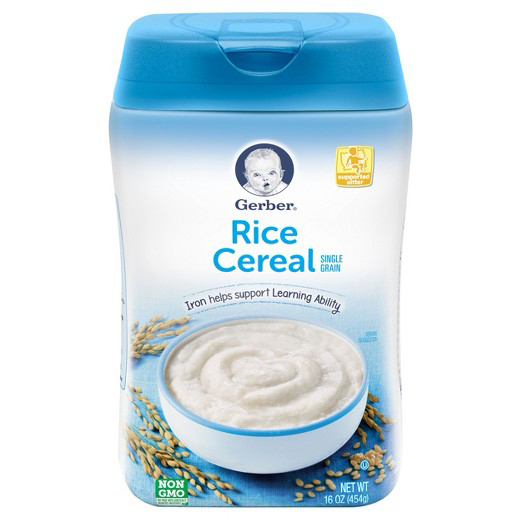 Gerber multigrain with apple and prunes (from 6 months)
Gerber multigrain with apple and prunes (from 6 months) from 200₽ Russia 3. Heinz buckwheat (from 4 months old) from 90₽ Russia 4. Nutrilon (Nutricia) multi-cereal (from 6 months) from 170₽ Russia The best baby cereals with goat milk 1. Mamako dairy 5 cereals (from 6 months old) from 300₽ Serbia and Montenegro 2. Fleur Alpine Milk Buckwheat (from 4 months old) from 500₽ Germany 3. Kabrita dairy buckwheat (from 4 months old) from 330₽ Portugal 4. Bibikol milk Bibikasha buckwheat (from 4 months old) from 400₽ Germany The best ready-made baby cereals 1. Milk-buckwheat Agusha Fall asleep (from 6 months old) from 50₽ Russia 2.  FrutoNanny dairy wheat (from 6 months)
FrutoNanny dairy wheat (from 6 months) from 30₽ Russia See also: 16 best infant formulas for newborns
The best baby milk porridges
Milk porridges are close to women's milk in terms of their organoleptic properties and consistency. That is why they are most convenient for the transition from breastfeeding to another diet. Usually children eat them with pleasure.
However, it is worth noting that the protein in cow's milk is complex, so it is difficult for a small body to digest and absorb it. In this regard, experts do not recommend using milk porridge as the very first complementary foods. In addition, they must be introduced gradually and in small quantities. Otherwise, the baby's body may not be able to cope with such a load, and as a result, there will be problems with the stool or an allergy to cow's milk protein will form.
4 Multi-cereal fruit nanny with apple, banana, strawberry (from 6 months old)
The FrutoNyanya milk multi-cereal porridge with apple, banana, strawberries opens the rating.
It is produced in soft packs weighing 200 g.
This product contains wheat, oat and corn flour, milk powder and cream, inulin, apple, banana and strawberry puree. In addition, porridge is enriched with a large amount of vitamins and minerals. It should be noted that the composition also includes sugar, which does not suit all buyers.
Product packaging is convenient to store and use. It is soft, equipped with a zip-lock fastener, which is very convenient to open and close. The manufacturer recommends using an open pack within 20 days. Although the package is small and is mostly used during this time completely, but for older children it is enough for several days.
Porridge is easily diluted with water at a temperature of 40-50 degrees. On the package for buyers there is a clear and detailed instruction for its preparation. If you follow it exactly, the porridge is homogeneous, without lumps. Buyers note a very pleasant taste and aroma of the product. Children eat it with gusto.
At the same time, the price of one package is low.
Pros:
- Pleasant taste and aroma.
- Reasonable price.
- Enriched with lots of vitamins and minerals.
- Convenient packaging.
Cons:
- Contains sugar.
Multi-cereal FrutoNyanya porridge with apple, banana, strawberries from 6 months3 Nestlé buckwheat (from 4 months)
In third place in the presented subgroup is Nestlé milk buckwheat porridge (from 4 months). The product is packaged in a package, which in turn is placed in a cardboard box.
The porridge contains buckwheat flour, dried milk, rapeseed and sunflower oil. It is also rich in vitamins, minerals and probiotics. The composition contains sugar, many buyers note that the porridge is quite sweet.
The inner porridge bag in the cardboard box does not have any closures. Thus, after opening, only the cardboard box can be closed more or less tightly.
The pack contains 220 g of the product. Opened packaging can be stored for no more than two weeks. But with regular use, the packaging during this time is used even when feeding very young children.
The method of preparation is not complicated - porridge is diluted with warm water (about 40 degrees). If you strictly follow the instructions indicated on the package, the consistency is homogeneous, without lumps. The taste is sweet and pleasant. Buckwheat is a hypoallergenic porridge, so it is suitable for many children from an early age. Due to the fact that there are no unnecessary additives in the presented product, it can be used from four months.
Pros:
- Low price.
- In addition to vitamins and minerals, it is enriched with prebiotics.
- Suitable for feeding children from 4 months.
- Does not contain additional ingredients that can cause allergies.
Cons:
- Not very convenient packaging.
- Contains sugar.
Nestlé milk buckwheat porridge from 4 months2 Heinz whole grain 3 cereals (from 6 months)
The second place is occupied by Heinz Milk Whole Grain Porridge 3 cereals. The product is packed in a zip bag. Refers to the whole grain line of cereals of this brand.
The main idea of the manufacturer is that whole grains are rich in vitamins and minerals and are the slowest carbohydrates, that is, they saturate for a long time. This information is colorful and clearly stated on the packaging. The composition of the porridge includes oatmeal, buckwheat and whole wheat flour, whole milk powder, chicory fiber (a source of inulin) and sugars of natural origin. Among the ingredients, no vitamins or minerals are singled out separately, all components are as natural as possible.
Convenient zip-lock package seals hermetically after opening. The shelf life of an open product is 20 days. One pack contains 180 g of porridge.
One serving takes an average of 4 tablespoons, which is 30 grams. That is, with daily use, the packaging lasts for 6 days, many buyers note that it would be more convenient if the porridge was also produced in a larger pack. The method of preparation is standard - dilute in water 40 degrees according to the instructions.
Porridge has a pleasant slightly sweet taste and a rather delicate texture. Mothers of young consumers note that despite the absence of various fruit additives and sugar, children eat the product with great pleasure.
Pros:
- Made from whole grains.
- Contains only natural ingredients.
- Contains no sugar.
- Zip-lock on the package.
Cons:
- Small amount of product in the package.
Heinz milk porridge whole grain 3 cereals from 6 months1 Fleur Alpine Alpine evening (from 6 months)
The leader of the rating is Fleur Alpine Milk Porridge Alpine Evening.
The product is packaged in a package, which in turn is placed in a cardboard box.
Fleur Alpine manufactures its baby products from organically farmed products. The composition of this particular porridge includes milk powder, oatmeal, barley and spelled whole grain flour, as well as maltodextrin, which gives a sweetish taste. Spelled is an ancient wheat variety that has a higher nutritional value. It is also worth noting that the powdered milk in the composition is whole, not skimmed. Thanks to this composition, the dish is easily digested and makes the baby full for a long time.
One package contains 200 grams of dry porridge. It does not require cooking, but is bred in the traditional way. Buyers note an excellent consistency without lumps, which can be achieved immediately without prolonged stirring. Opened packaging can be stored for no more than two weeks.
Porridge has a mild harmonious taste, it is slightly sweet. Despite the absence of various nutritional supplements, kids eat it with pleasure.
Some mothers add a little butter to enhance the taste.
Pros:
- Natural ingredients.
- Contains no sugar.
- Made from whole grains.
- Contains whole milk.
Cons:
- High price.
Fleur Alpine milk porridge Alpine evening from 6 monthsSee also: 11 best vitamins for newborns
The best milk-free cereals for children
Dairy-free porridges are well suited for the very first complementary foods. Especially in cases where the baby is not gaining weight well and the pediatrician recommends starting complementary foods with cereals, and not vegetable purees. They are also suitable for children with allergies to cow's milk protein.
In order for the baby to eat such porridge more willingly, you can add milk mixture to which he is used to, or breast milk. So the transition to a more adult diet will be easier, and the nutritional properties will be higher.
It is better to start with gluten-free one-component cereals. The plant protein gluten is difficult for the baby to digest. There may be bloating or pain in the abdomen. Gluten-free cereals include rice, corn and buckwheat.
4 Nutrilon (Nutricia) multi-cereal (from 6 months)
Opens the rating Nutrilon (Nutricia) dairy-free multi-cereal porridge. It is produced in soft packaging with a zip lock from 100% natural ingredients.
The composition includes rice, wheat, oat, buckwheat flour made from ground grains, as well as sugar of natural origin. There are no artificial additives among the ingredients. All vitamins and minerals are contained in grains of cereals, which are selected so that the amount of useful substances is very diverse. Some buyers note that the diluted porridge feels dominated by rice.
Opened packaging can be stored for a maximum of three weeks. The package contains 180 g of dry porridge. It is diluted in the traditional way - with chilled boiled water, according to the instructions.
As a result, porridge turns out to be a delicate texture. According to customer reviews, lumps do not form during cooking. The product has the aroma of real cereals and is slightly sweet in taste.
Pros:
- Natural composition.
- No sugar.
- Variety of cereals in porridge - 4 types.
Cons:
- When bred, it seems that rice is larger than other cereals.
Nutrilon Nutricia porridge dairy-free multigrain from 6 months3 Heinz buckwheat (from 4 months)
In third place is Heinz dairy-free buckwheat porridge. This clinically proven hypoallergenic product is perfect for babies as young as four months old.
Porridge contains buckwheat flour, prebiotic chicory fibers, natural sugars, vitamins and minerals. By itself, buckwheat is considered hypoallergenic cereals, plus there is no milk, fruits and berries in the composition. Therefore, for kids with allergies, the product is well suited.
Porridge is packed in a foil bag and a cardboard box. The weight of the dry product in a pack is 200 grams. The cooking method is simple and standard for such cereals. Cooking according to the instructions is suitable for babies from 4 months. Older children can breed porridge a little thicker.
Heinz dairy-free buckwheat has the lowest cost of all bred cereals presented in the rating. At the same time, it is a quality product that meets all standards.
Pros:
- Low price.
- Hypoallergenic composition.
- Enriched with vitamins and minerals.
Cons:
- Unsaturated taste.
Dairy-free Heinz buckwheat porridge from 4 months2 Gerber multi-cereal with apple and prunes (from 6 months)
The second line of the rating is occupied by Dairy-free multi-cereal Gerber Porridge with apple and prunes. It contains only high-quality natural ingredients, which are purchased from trusted farmers and raw material suppliers.
The porridge contains wheat, buckwheat, rice, corn and oatmeal flour, apple and prunes flakes, as well as minerals and bifidobacteria. The product does not contain sugar and palm oil. Some buyers note that the high content of wheat flour (80.7%) is not suitable for all children.
Porridge is packed in a foil bag and a cardboard box, the weight of the dry mixture is 200 g. An opened pack can be stored for no more than two weeks. Diluted as usual with boiled water. Mothers of small consumers note that porridge not only has a uniform texture without lumps, but also retains its consistency for a long time. Which is not typical for all analogue products. Many of them become completely liquid after a certain time.
Due to the variety of natural ingredients, including fruits, the porridge is tasty and fragrant after dilution. Children eat it with pleasure.
Pros:
- 5 different cereals.
- High quality ingredients.
- Porridge enriched with bifidobacteria.
- Free of sugar and palm oil.
Cons:
- High percentage of wheat.
Dairy-free multigrain Gerber porridge with apple and prunes1 Fleur Alpine buckwheat (from 4 months old)
The leader of the rating was Fleur Alpine dairy-free buckwheat porridge. It is a hypoallergenic product made from whole grain buckwheat flour while maintaining its natural nutritional value.
Contains no products that can cause allergies in children: milk, sugar and gluten. Therefore, porridge is perfect for feeding babies prone to this disease. Porridge can be diluted with breast milk. Thus, it will be more nutritious and even better digestible. Although it is already perfectly digested, as it has a very delicate texture. The manufacturer also suggests adding fruit puree to the porridge or the fruits themselves, which are suitable for the child.
The product is packed in a bag and a cardboard box. The principle of preparation is the usual dilution according to the instructions.
The product is very quickly and efficiently diluted to a pleasant consistency. Despite the fact that this is buckwheat porridge without fruit additives, it has a pleasant taste and aroma.
Pros:
- Made from high quality whole grains.
- Hypoallergenic product.
- Easily diluted to a soft consistency.
- Organic composition.
Cons:
- High price.
Fleur Alpine milk-free buckwheat porridge from 4 monthsSee also: 6 best nibblers
The best baby cereals with goat's milk
Goat's milk is considered to be closer in composition to breast than cow's. Therefore, it is easier to digest and less likely to contribute to the development of allergies. However, whole goat's milk is high in protein, which stresses the baby's kidneys. Therefore, experts advise not to use it in its pure form when preparing food, but to choose cereals specially designed and adapted for the child's body based on it for the first complementary foods.
4 Bibikol dairy Bibikasha buckwheat (from 4 months old)
The rating opens in the presented subgroup Dairy BIBIKASHA BIBIKASHA buckwheat porridge with goat milk. It is made on the basis of whole goat milk and adapted NANNY milk formula.
In addition to goat's milk powder and formula, it also contains whole grain buckwheat flour, vitamins, minerals, prebiotic complex and maltodextrin. Thanks to this composition, porridge is well suited for children prone to allergies. At the same time, it is much more nutritious than dairy-free cereals.
Porridge is packed in a bag and a cardboard box. The weight of the dry mixture is 200 grams. The method of preparing porridge is standard for adjustable porridges. However, it is worth noting that the manufacturer in the instructions presents two options for diluting the product: for feeding from a bottle and from a spoon.
Despite the fact that the porridge is made from goat's milk and has a specific smell, it has a pleasant aroma and taste.
It dissolves well without lumps and has a delicate texture. However, some buyers note that even with a liquid consistency, there is a significant viscosity, which not all babies like. The porridge does not contain sugar, but has a slightly sweet taste due to the content of maltodextrin in it.
Pros:
- Enriched with vitamins, minerals and prebiotics.
- Has a pleasant taste and aroma.
- Natural composition.
Cons:
- Quite viscous.
Bibikol dairy porridge Bibikasha buckwheat with goat milk from 4 months3 Kabrita milk buckwheat (from 4 months)
The third place in the ranking is porridge Kabrita dairy buckwheat on goat milk. The product is made from selected high quality raw materials. Among the ingredients there are no flavor enhancers such as sugar and maltodextrin.
The porridge contains buckwheat flour, Kabrita adapted milk formula based on goat milk, lactose, goat whey, prebiotic, minerals and vitamins.
These components give the product a slight natural sweetness. Thanks to this composition, you can start eating porridge from the age of four. Among the vegetable oils that make up the Kabrita milk formula, palm oil is also present. It is of high quality and is not a harmful component, however, some mothers are embarrassed by its presence.
Porridge is packed in a bag and a cardboard box, net weight is 180 grams, which is slightly less than the usual similar packaging. Buyers note that its consumption is not very economical. It is diluted as usual with chilled boiled water.
The texture of the cooked product is soft and easy to swallow. The porridge has a pleasant creamy taste and aroma. Mothers do not notice a specific smell characteristic of goat's milk.
Pros:
- No flavor enhancers.
- Allergy risk is very low.
- Has a pleasant creamy taste.
- Helps improve digestion.
Cons:
- Contains palm oil.
Kabrita buckwheat milk porridge with goat milk from 4 months2 Fleur Alpine buckwheat milk (from 4 months)
In second place is Fleur Alpine milk buckwheat porridge with goat milk. The product complies with the company's policy - the use of selected organic raw materials and whole grain cereals.
Contains nothing extra - buckwheat flour, whole goat milk powder and maltodextrin. All ingredients are products of organic agriculture. This composition does not cause allergies and is applicable for babies from four months.
Packaging from a dense bag and cardboard packaging is standard for cereals from this company. The product is diluted very quickly and efficiently without lumps. It has a pleasant soft texture. Taste and aroma are liked by most consumers. Porridge is moderately sweet, milk gives a creamy taste, and flour made from whole grain buckwheat retains the aroma of cereals and its natural nutritional value.
Pros:
- Organic.
- No extra additives.
- High taste quality.
- Easy and quick to breed.
Cons:
- High price.
Fleur Alpine buckwheat milk porridge with goat milk from 4 months1 Mamako milk 5 cereals (from 6 months)
The leader is milk porridge MAMAKO 5 cereals in goat's milk. Its distinguishing feature is the high proportion of goat milk in the composition - 32%.
According to the manufacturer, the composition of the porridge is 100% natural. It includes buckwheat, oatmeal, rice, wheat and corn flour, goat milk, as well as additional vitamins and a complex of minerals. There are no flavor enhancers like maltodextrin among the ingredients. Due to the high content of goat's milk in the composition and five types of cereals, porridge is very nutritious. It is well suited for children who are not gaining weight well.
Porridge packed in metallized foil in the absence of oxygen. The package is placed in a cardboard box.
The expiration date is not duplicated on the foil bag, which is not to the liking of all buyers. The weight of the dry mix in a box is 200 g. The porridge is very well bred, without lumps. Moms note a pronounced pleasant aroma after cooking, reminiscent of nutty. The taste is natural, the taste qualities of cereals are preserved.
Pros:
- Natural composition.
- High content of goat's milk.
- Pleasant taste and aroma.
- Relatively low cost for goat milk porridge.
Cons:
- The expiration date is not duplicated on the package inside the cardboard box.
Milk porridge Mamako 5 cereals with goat milk from 6 months oldSee also: 16 best high chairs
The best ready-made baby cereals
Ready-made baby cereals make baby care much easier. After all, they do not even need to be diluted, but just warmed up is enough.
Such cereals are very convenient for long walks or when traveling, as they allow you to organize a snack for your baby anytime and anywhere.
2 FrutoNanya dairy wheat (from 6 months old)
Opens the rating of FrutoNyanya dairy wheat porridge. It is packaged in a small 0.2 liter Tetra Pak box. A straw is attached to the box for the opportunity to have a snack outside the home.
This porridge contains wheat flour, whole milk powder, fructose, maltodextrin, inulin and water. Whole milk and wheat groats are very nutritious ingredients. Therefore, this product is quite satisfying. The manufacturer recommends eating porridge before bedtime so that the baby sleeps peacefully until morning and does not wake up from hunger.
Porridge has a pleasant wheaten milky taste. Its texture is quite liquid. It is convenient for her to feed her baby directly from the box or bottle. Moms note that eating from a spoon with such a consistency is not very convenient. Opened packaging cannot be stored.
Pros:
- Good taste.
- Contains no sugar.
- Prolonged feeling of satiety.
- Easy to use in all conditions.
Cons:
- Liquid consistency.
Frutonyanya milk wheat porridge from 6 months oldThe leader among ready-made baby cereals is Agusha milk-buckwheat Fall asleep. Unlike many similar products, this product is based not on powdered, but on normalized milk. The packaging is represented by a Tetra Pak package also with a volume of 0.2 liters.
According to the manufacturer, the composition of the porridge is 100% natural. It includes normalized milk, buckwheat flour, water, sugar and prebiotic substances. Opened packaging must be consumed immediately, it can not be stored. Shelf life of unopened packaging is 90 days. This is less than the usual storage time for baby cereals and is due to the presence of natural milk in the composition.
Consumers note the pronounced natural taste of buckwheat milk porridge.
Despite the fact that the composition contains sugar, it is not too sweet. The consistency of the product is not too liquid, thicker than milk or mixture. But it's easy to drink through a straw. The manufacturer recommends using porridge before bed, but it is also very convenient for a snack during a long walk or on a trip.
Pros:
- Does not contain milk powder.
- 100% natural composition.
- Pleasant taste.
- Easy to use in all conditions.
Cons:
- Contains sugar.
Milk-buckwheat Agusha porridge Fall asleep from 6 monthsSee also: 8 best meat purees for the first feeding
Which baby porridge is better to choose
The choice of porridge for a baby primarily depends on its individual characteristics: age, ability to absorb milk protein, tendency to allergies, digestive problems and others.
- If the pediatrician recommends starting porridge from four months, then you need a mono-component gluten-free cereal.
Buckwheat is best, as this cereal is also hypoallergenic. According to customer reviews, the most popular in this case is Fleur Alpine dairy-free buckwheat porridge (from 4 months). It is natural, high-quality and tasty, children eat it with pleasure, and mothers like the composition.
- There are small children among children who can only be fed porridge with an interesting taste. For them, products containing fruits or berries are suitable. FrutoNyanya dairy multi-cereal porridge with apple, banana, strawberries (from 6 months) is especially often noted by buyers precisely for its pleasant taste and aroma.
- If a child is allergic to cow's milk protein, it is better to stop at cereals with goat's milk. However, it is worth noting that such cereals are quite expensive. The way out of the situation can be dairy-free porridge, in which you can add breast milk. Heinz dairy-free buckwheat porridge (from 4 months) has a low cost, but it is made from high-quality raw materials, for which it is popular with mothers.
- Advantages

